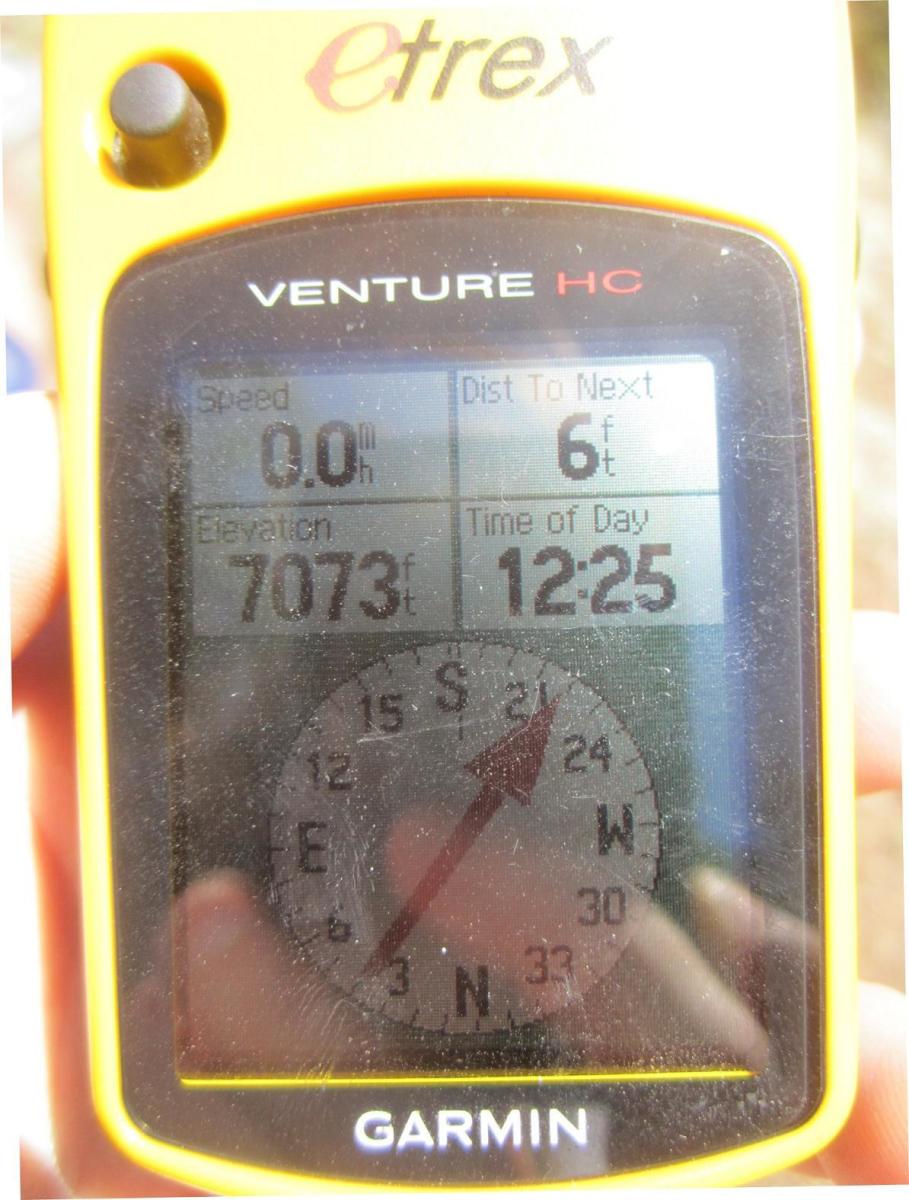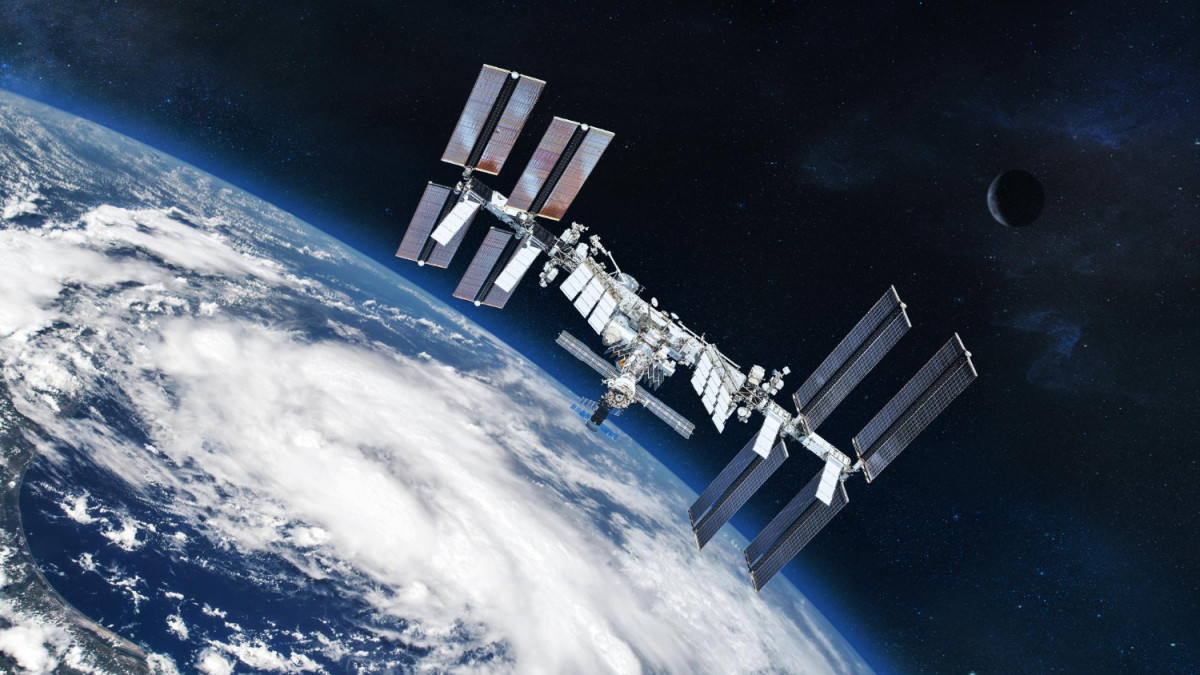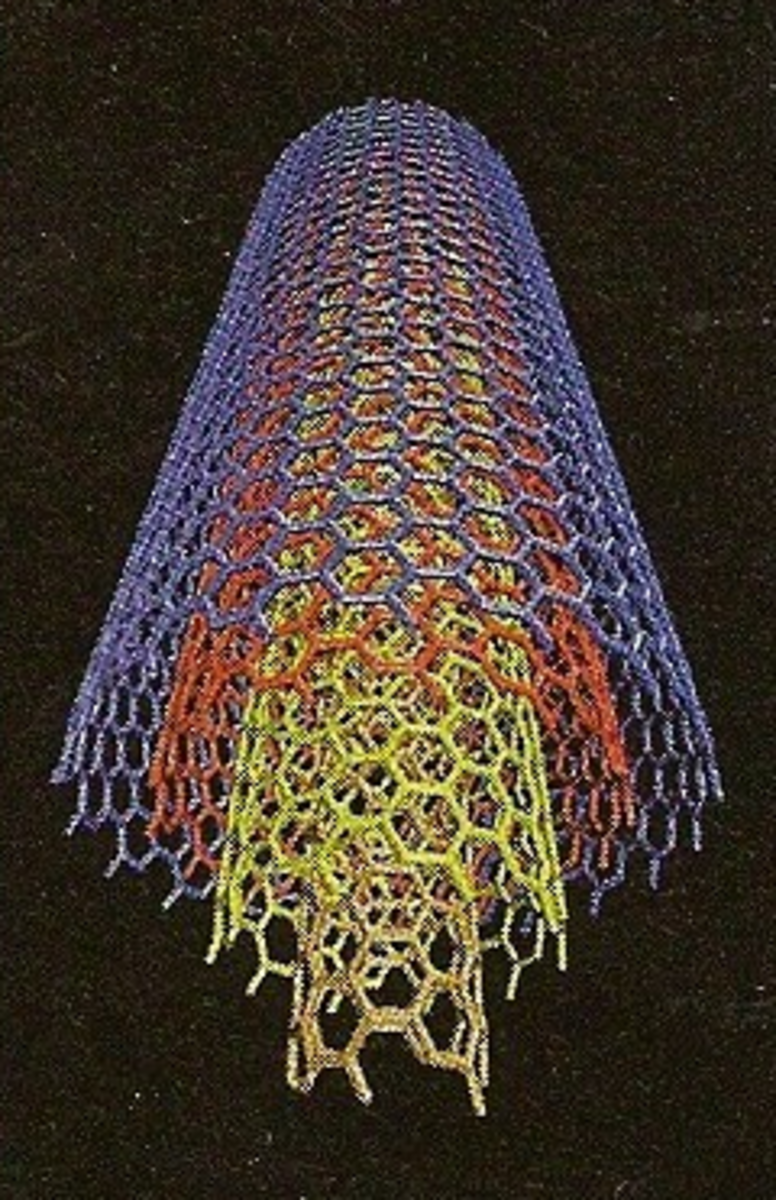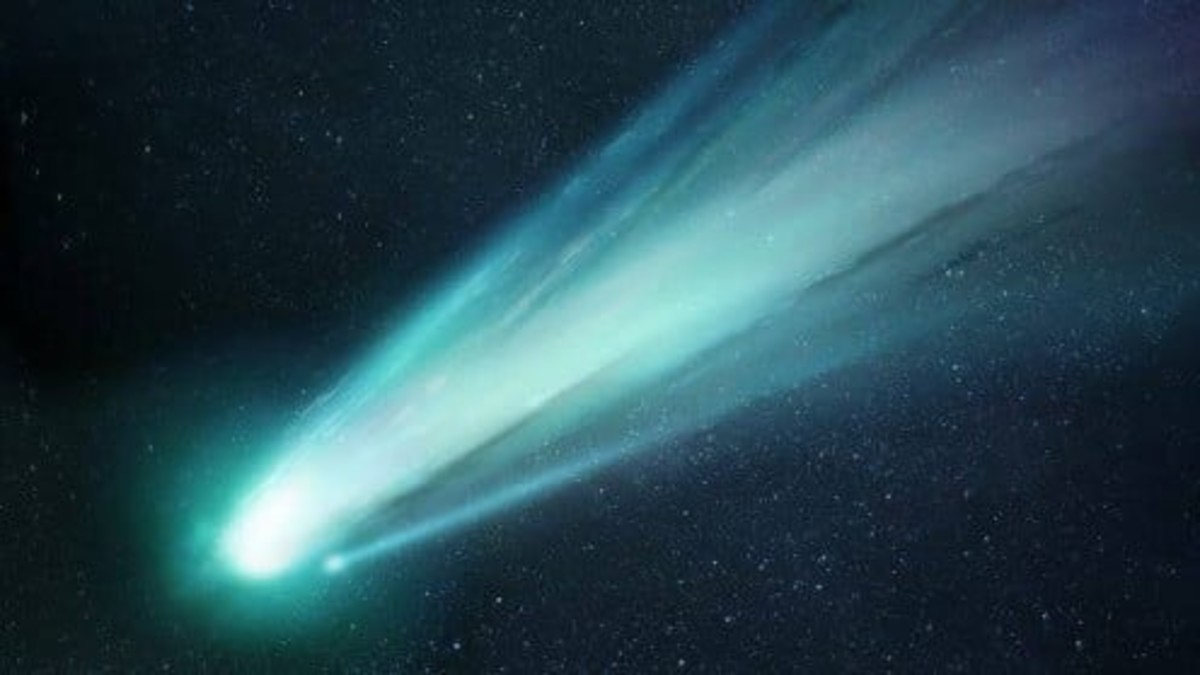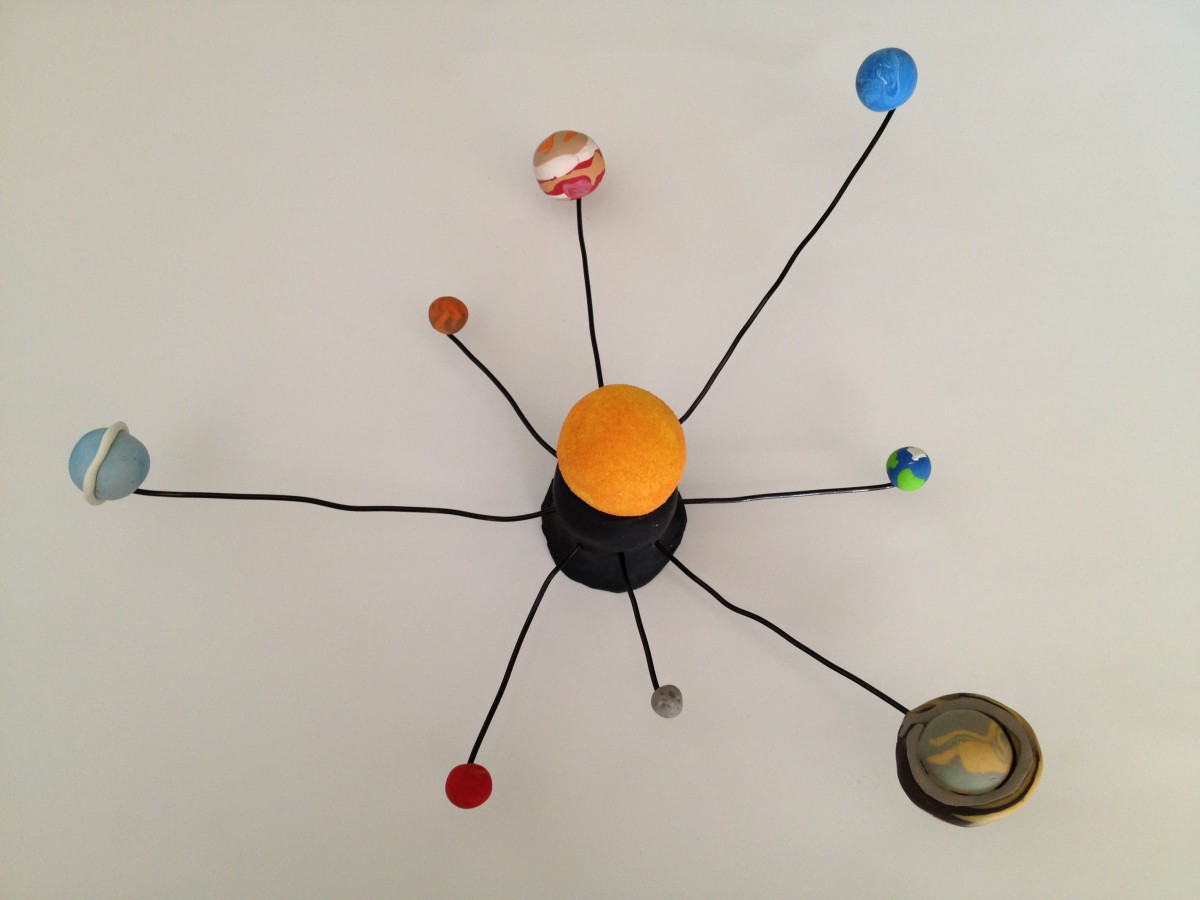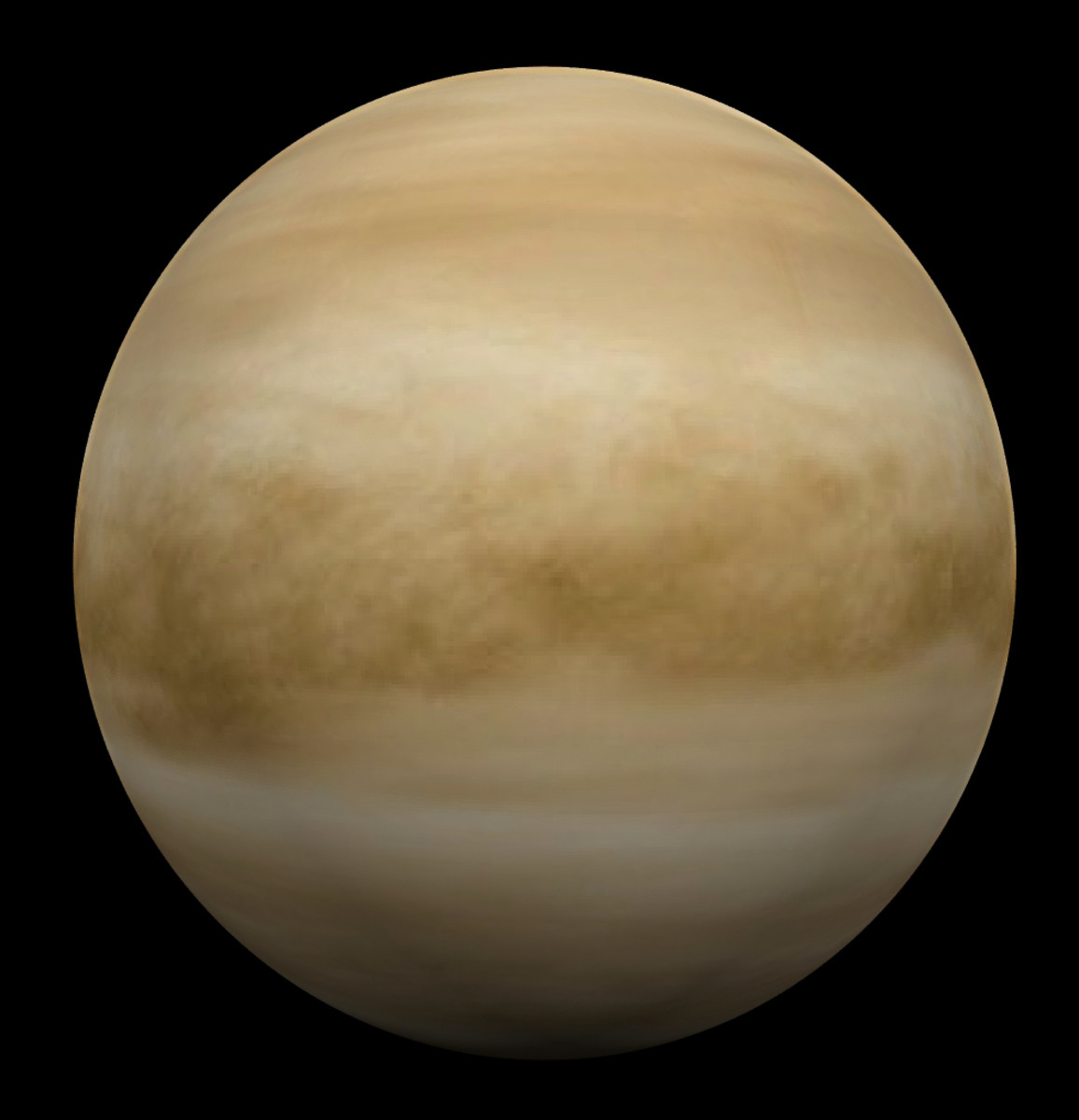How to spot satellites
Spotting satelites brings back memories from my childhood.
One of the more pleasurable things I can remember about my childhood was spotting satellites with my father.
We lived out in the sticks near Branchland, West Virginia at the time, so light pollution wasn't a problem. Back then, small towns (Think of the town of Mayberry from The Andy Griffith Show) pretty much rolled up the streets at dusk, and all the stores were closed till the crack of dawn.
On Saturday evenings, Pop and I would ease out of the house just after sunset, climb up onto the hood of the old pickup truck, recline on the windshield, look up at the stars, and talk about the things men (I was all of seven years old) talk about. It was just us men out there. No girls were invited. My sisters weren't interested in spotting satellites anyway.
I don't remember much of what we talked about, but I do remember looking at the stars, and trying to spot the satellites moving across the sky.....There's one.....There's another....
My father passed away over twenty years ago, but I can still hear his voice every time I look up at the night sky....There's one....
The basics
First off, there are a lot of satellites in orbit around this planet, so you shouldn't have much trouble spotting a few. As of June 2009, there were over thirty five thousand of the buggers up there. Much of it is man made "Space junk". Of course none of the satellites were junk when they were launched. They just get old, wear out, break down, and they're technology becomes obsolete after a few years. As they wear out, and brake down, they get replaced with newer, higher tech, more versatile models. But many of the old ones are left in orbit. I wouldn't worry too much about all the space junk though, NASA tracks the space junk as well as the functioning satellites.
There are three basic types of satellite orbits, but there are many variations of the three. There is the Equatorial orbit where the satellite is on an east-west orbit. There is the Polar orbit where the satellite travels on a north-south direction. The third type is the Inclined orbit, where the satellites are moving at angles somewhere between the Polar and the Equatorial orbits.
There are low (fast) orbits, high (slow) orbits and then there’s an orbit called a Geostationary orbit, where the satellite doesn’t appear to move at all. That’s an optical illusion. The Geostationary satellites are orbiting the Earth at a speed that matches the Earths rotation, so they stay at the same spot above the Earth. They are also the satellites that the TV dishes are pointing at. Because they don't appear to move, it makes them very hard to spot, so we won’t worry about them.
Of the thousands of satellites up there, a few hundred can be seen by the naked eye on cloudless nights. A few satellites, like the International Space Station, can sometimes be seen in the daylight.
Best times for spotting.
From sunset to about two hours after sunset. Or about two hours before sunrise until it's too light to see the stars. You can stay longer if you want. These are just the optimal times. You will also need to have clear skies.
I like to watch the sunsets, so I go out a little early.
Satellites don't usually have lights on them, so what you will be looking for is the reflection of the sun bouncing off the reflective surfaces of the satellite. Once the satellites pass into the Earths shadow, you won't be able to see them any more. Therefore, midnight isn't a good time to look.
If you live in a city, light pollution could be a problem. You should try to find some place away from all those bright lights. Parks that allow camping are usually good places for spotting satellites. You'll also need to have a site with a clear view of the sky.
The moon is another source of light pollution, so spotting is best on moonless nights.
Fall through Spring are better for spotting in most places because there are fewer bugs to have to swat at.
What you need for spotting.
In all actuality, you don't need any hardware. You should be able to see many satellites without help. You will need warm clothing if it's a cold night. If it's warm, don't forget the mosquito repellent.
Although it's not required, you may want to bring a compass so you'll know in what direction you'll be looking.
If you have children, (girls can come too) you should bring them with you.
You could make it into a camping trip if you want to.
If you just happen to have a telescope or binoculars, these are nice too. I would also suggest a trypod if you brought binoculars over 7x50 power, Higher power binoculars tend to be shaky. There's also software available if you want to bring your laptop.
I don't recommend sitting on the hood of the truck. They don't build them like they used to.
What to look for.
Spotting satellites is really quite easy. You look up into the night sky, and see what's up there.
If you're spotting in the evening, you'll want to look in the general direction of the sunset.
Most satellites move across the sky more quickly than airplanes do. So, what you're looking for is that movement. Pick out a star, look at it for a minute or two. You should be able to see movement with your peripheral vision, you should be able to see what looks like a star moving near the star you're looking at. If you don't have any sitings in the first couple of minutes, then pick out another star, and look at it. Sooner or later you'll find that moving star, and those moving stars are usually satellites.
Remember, most satellites don't have lights on them. So, if that moving star you've just spotted has blinking lights on it, it's probably an airplane. Try again.
Oh yea. If that light you have been watching zig-zags or does some other strange or unbelivable maneuvers, don't worry. It's probably just swamp gas.
Just the beginning.
Once you get the hang of it, satellite spotting can be a great hobby. Who knows where it may lead. A hobby like this may lead your children to higher education. Maybe astronomy, rocket science or physics. They might even become astronauts. The sky is no limit!
Happy hunting!
Another story
A Rocket Scientist, I am not.
http://ttagpine.hubpages.com/hub/My-failed-ambition-to-be-a-Rocket-Scientist




